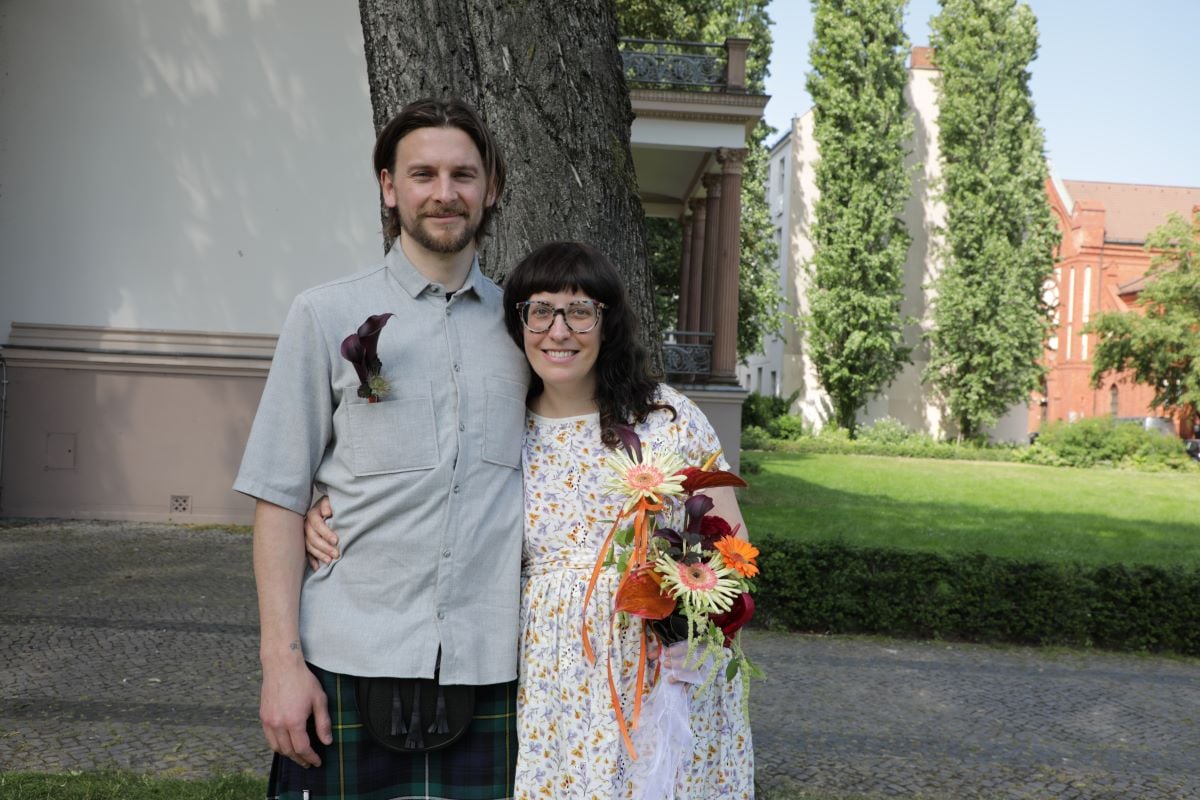New airport opens
After a mammoth delay of nine years, the Berlin Brandenburg airport (BER), finally open the doors of its Terminal 1 on Saturday. During the first week of November, air traffic at BER will gradually be ramped up so that the airport can be fully utilised from November 8th.
READ ALSO: What you need to know about Berlin's 'cursed' new BER airport
The coronavirus pandemic does not make the airport's take-off any easier: due to the crisis, air traffic is expected to reach a maximum of a quarter of the usual figures.
With the opening of BER, Tegel airport is scheduled to close on November 8th.

The new BER airport on Friday. Photo: DPA
New quarantine rules for travellers
From November 8th, a uniform nationwide regulation will come into force for those returning from risk areas outside Germany. As the handling of travellers from risk areas is the responsibility of the respective federal state, the regulations may vary from one state to another – some states, for example, have already brought in this rule.
The new model quarantine regulation provides for a reduction of the quarantine obligation from 14 to 10 days. The quarantine obligation can be lifted at the earliest five days after entry, provided that a negative coronavirus test is available.
According to the German government, the entry registration form for travellers will be online from November 8th.
New lockdown measures
Chancellor Angela Merkel and state leaders have introduced a month-long lockdown starting on Monday November 2nd in a bid to get the coronavirus situation under control.
Restaurants, bars, cultural institutions, and sports facilities will all have to close their doors, and only small groups of up to 10 people from two separate households will be allowed to meet in public. Schools and Kitas, however, will remain open.

A restaurant in Cologne open for a last few days before the lockdown in November. Photo: DPA
Businesses deemed essential such as supermarkets, home appliance and construction stores will remain open but only one customer per 10 square metres will be allowed.
READ ALSO: Merkel announces new German shutdown for month of November
Start of the Nutri-Score
The Nutri-Score, a nutrition label for food packets, may be printed on packaging of finished products from November onwards. The logo is intended to assess the nutritional quality of the product using a five-point scale. You can read the exact composition of Nutri-Score here.
There is no obligation to label it, its use is voluntary and lies with the manufacturer, reports the trade journal Werben & Verkaufen.
Mobile laboratories for coronavirus tests go into production
The truck manufacturer “MAN” plans to begin manufacturing vans equipped with the technology to perform a reliable and quick coronavirus test in November.
As Wirtschaftswoche reports, the so-called Corona-Mobiles are to be equipped with various analysis devices that enable a test to be carried out using the so-called PCRT method, which is the most reliable corona detection method to date.
Less chemicals in textiles
From November onwards, the use of various chemicals in textile production will be restricted or even banned. A full 33 substances that are known or suspected to be carcinogenic will be subject to stricter limits on their use in textiles – including arsenic, lead, benzene, cadmium, chromium and others.
Clearly marked prescriptions
The Building Energy Act comes into force on November 1st. Therefore, the following will apply from November for house renovation: in addition to landlords and sellers, from now on estate agents are also obliged to present the energy certificate and hand it over when the contract is concluded. This means that they must have all information available when they advertise the property.
In future, renovation will also require a consultation. Restrictions on oil and coal heating systems are planned from 2026.

A new building being constructed in Lychen, Brandenburg in October. Photo: DPA
New eID card for EU citizens
To ensure that online services provided by the German authorities can also be used by foreign EU citizens, those concerned will be able to apply for an eID card from November 1st. The new chip card serves as an electronic proof of identity, which was previously only available in combination with an ID card, reports DPA.
Those who did not have German citizenship were therefore excluded from so-called e-government services. This gap is now closed by the eID card, on which a person's most important identification data is stored.
Change of tax class
Married couples or registered civil partners can apply for a change of tax class for the calendar year 2020 by November 30th at the latest. The change is only possible once a year and must be submitted in paper form to the tax office or on the website of the Federal Ministry of Finance.
A lot of sales
No, Singles Day doesn't refer to a new dating website, but rather a day on November 11th, in which many retailers will significantly lower their prices. This is followed by Black Friday on November 27th and Cyber Monday on November 30th.
This year there will be a lot of offers, especially in online shops. Due to the coronavirus pandemic, thousands of retailers are expected to go online, several for the first time, with special offers.
Deadline for motor vehicle insurance change
November 30th is the annual cut-off date for the change of car insurance. This is because notice of termination must be given up to one month before the end of the term, and the vast majority of contracts run until the end of December. Without notice of termination, the insurance is extended by one year.
As part of the coronavirus economic stimulus package, the German government wants to motivate citizens to buy more fuel-efficient cars: Here you can find out which vehicles will be affected by the upcoming motor vehicle tax and become more expensive.




 Please whitelist us to continue reading.
Please whitelist us to continue reading.
Member comments